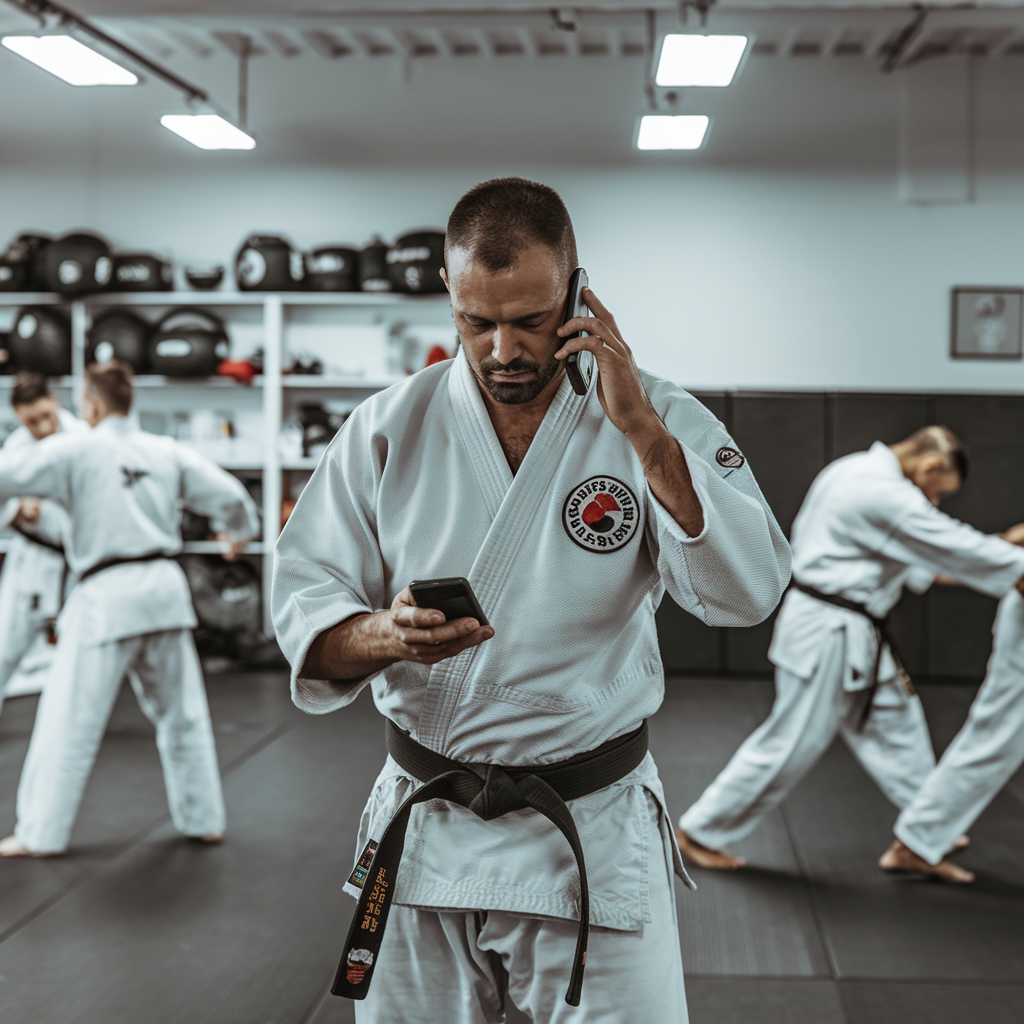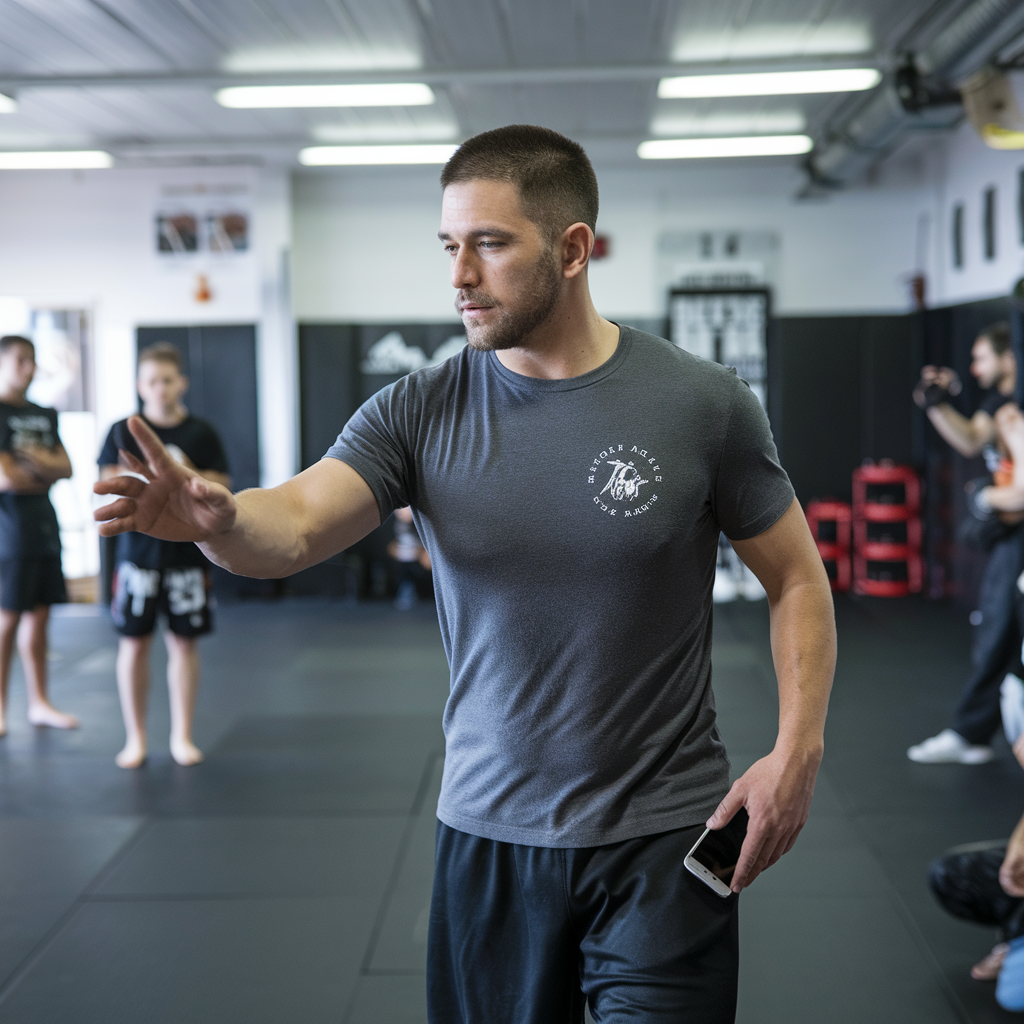
In the world of martial arts, Kung Fu is known for its dedication to discipline, precision, and endurance. Unlike sports-based martial arts that focus on competition, Kung Fu is a lifelong practice of skill refinement, adaptability, and persistence. These same qualities are essential in customer service, where agents must consistently refine their approach, endure high-pressure situations, and provide precise solutions to customer concerns. At Call Care Pro, we believe that adopting a Kung Fu mindset can elevate customer service teams, allowing them to navigate complex problem-solving and build long-term customer relationships.
The Art of Precision: Delivering Exact and Effective Solutions
Kung Fu practitioners spend years perfecting their movements, ensuring that each strike, block, and counter is executed with precision. This level of accuracy is just as important in customer service, where agents must listen carefully to customer concerns and provide solutions tailored to their specific needs. A misplaced strike in Kung Fu can leave a practitioner vulnerable—similarly, a miscommunication in customer service can lead to frustration and dissatisfaction.
To apply the principle of precision in customer service:
- Active Listening: Just as Kung Fu masters pay close attention to their opponent’s movements, customer service agents must actively listen to the customer’s concerns, picking up on subtle cues to better understand their needs.
- Clear Communication: Avoiding vague or misleading information ensures that customers receive accurate and actionable responses. Precise language, much like a well-executed Kung Fu move, eliminates confusion and builds trust.
- Customized Responses: Not every customer problem requires the same solution. Just as Kung Fu techniques are adapted to different combat situations, agents must tailor their responses to fit the unique needs of each customer.
The Role of Persistence: Endurance in Customer Service
Kung Fu is not just about learning techniques—it’s about constant refinement and dedication. Practitioners endure years of rigorous training to master their craft, developing a level of persistence that helps them push past obstacles. In customer service, persistence is equally crucial. Agents must handle difficult customers, work through complex issues, and stay motivated even after challenging interactions.
Ways to develop persistence in customer service include:
- Embracing Continuous Learning: Customer service representatives, like martial artists, should always be improving. Regular training in company policies, product knowledge, and communication skills ensures that agents are always at the top of their game.
- Maintaining a Positive Mindset: Just as a Kung Fu master sees every challenge as an opportunity to grow, customer service agents must view difficult conversations as opportunities to refine their skills and improve customer satisfaction.
- Following Up Diligently: Persistence means not giving up when a solution isn’t immediately found. Ensuring that customers receive follow-ups, updates, and continued support fosters long-term relationships and demonstrates commitment to their satisfaction.
Patience: The Key to Building Long-Term Customer Relationships
Patience is a cornerstone of Kung Fu training. It can take years to master even a single form, and progress is measured in small, incremental improvements. Similarly, in customer service, building strong relationships with customers requires patience and a long-term mindset.
Applying patience in customer service means:
- Allowing Customers to Express Themselves: Rushing through a conversation can make customers feel unheard. Like a Kung Fu practitioner who waits for the right moment to strike, agents should let customers fully explain their concerns before responding.
- Handling Difficult Customers with Grace: Frustrated customers often need time to vent. Responding with calmness and patience, rather than reacting emotionally, helps defuse tension and lead the conversation toward a resolution.
- Understanding the Customer Journey: Great service doesn’t always mean solving a problem instantly. Sometimes, it involves guiding the customer over time, helping them learn how to use a product or service effectively.
Adaptability: Flowing with the Conversation
Kung Fu emphasizes adaptability, teaching practitioners to respond to an opponent’s movements rather than relying on rigid, pre-set techniques. In customer service, every interaction is different, requiring agents to be flexible in their approach.
How adaptability enhances customer interactions:
- Reading the Customer’s Tone and Adjusting Accordingly: Some customers prefer direct solutions, while others need a more empathetic approach. Agents should adjust their tone and response style based on the customer’s demeanor.
- Handling Unexpected Issues with Confidence: Just as a Kung Fu master can adjust their defense in real-time, customer service agents must be prepared to handle unexpected questions or problems without hesitation.
- Personalizing the Customer Experience: No two customers are alike, and treating them with a one-size-fits-all approach can feel impersonal. Customizing interactions based on past experiences and preferences creates a stronger connection with customers.
Defensive and Offensive Customer Service Strategies
Kung Fu is a balance between offensive and defensive techniques. In customer service, agents must know when to take control of a situation and when to step back and listen.
- Defensive Techniques:
- Practicing de-escalation when customers are frustrated or upset
- Using empathy to acknowledge concerns and diffuse tension
- Being proactive in recognizing potential issues before they escalate
- Offensive Techniques:
- Offering solutions confidently and efficiently
- Educating customers on the best practices to avoid future issues
- Upselling or cross-selling in a way that adds value to the customer’s experience

Resilience: Recovering from Setbacks
In Kung Fu, failures and setbacks are part of the learning process. Students face challenges, make mistakes, and endure hardships, but they continue training. The same principle applies to customer service—every agent will encounter difficult customers, complaints, or rejections. What matters is how they bounce back.
How to build resilience in customer service:
- Don’t Take Negative Interactions Personally: Just as a Kung Fu fighter doesn’t let a single lost match define them, customer service agents should remember that an angry customer’s frustration is not a personal attack.
- Learn from Mistakes: Analyzing past interactions and identifying areas for improvement can help agents refine their approach and improve future conversations.
- Support from the Team: Encouraging a collaborative work environment where agents share challenges and solutions helps build morale and resilience.
Conclusion: Becoming a Customer Service Kung Fu Master
Kung Fu is more than just a martial art—it’s a philosophy that teaches discipline, precision, persistence, and adaptability. By applying these principles, customer service agents can enhance their problem-solving skills, strengthen customer relationships, and improve overall service quality.
At Call Care Pro, we encourage our team to embrace the Kung Fu mindset, continuously refining their skills, maintaining patience, and persisting in the face of challenges. By doing so, they become true masters of customer service, delivering exceptional experiences with confidence and expertise.
Want to train your customer service team in the art of persistence and precision? Contact Call Care Pro today!

